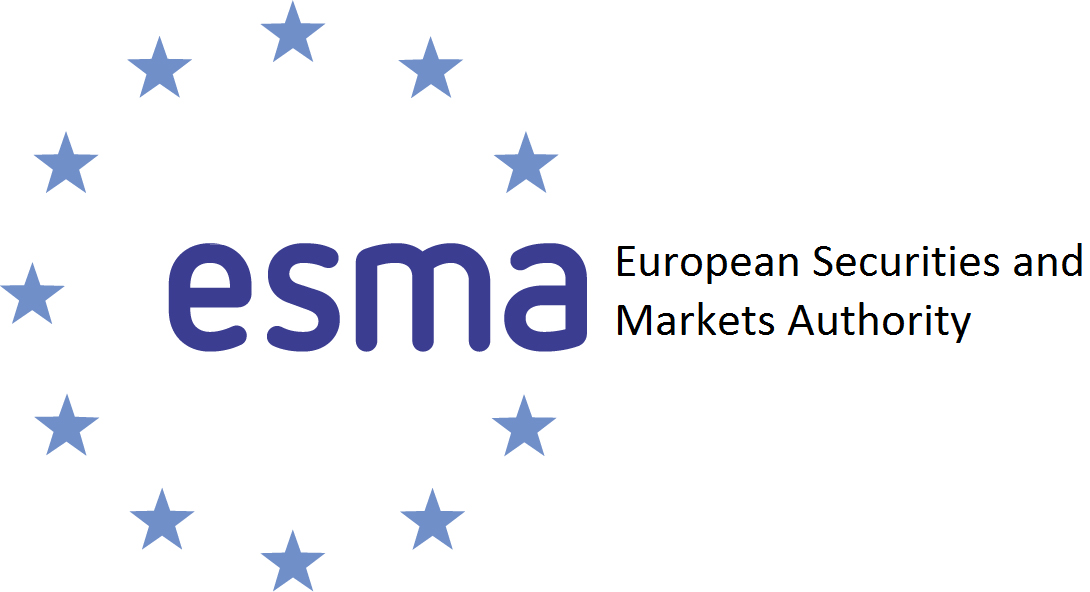The European Securities and Markets Authority (ESMA) has issued a warning on the dangers of zero-days-to-expiry options exchange-traded products (ETPs) after they have risen to popularity with retail investors in the US.
In its bi-annual Trends, Risks and Vulnerabilities Report, Europe’s financial watchdog said it was monitoring the impact of the options on market stability after fears it was increasing volatility.
Earlier this week, Leverage Shares launched the first zero-days-to-expiry options ETPs in Europe – the IncomeShares S&P 500 Options (0DTE) ETP (SPYY) and the IncomeShares Nasdaq 100 Options (0DTE) ETP (QQQY) – as it looked to “squeeze every drop of premium out of today’s volatile markets”.
Trading short-term options has surged in popularity in the US in recent years as retail investors look to capitalise on intraday movements.
Adoption in Europe has been more recent after Eurex and Euronext introduction the mechanism in August 2023 and February 2024, respectively.
“There are inherent risks associated with zero-day options, in addition to potential losses for retail investors. Concerns have been raised that the high leverage of zero-day options can lead to one-directional trading,” ESMA said.
“Depending on investor positioning, market makers must trade the underlying securities to keep their portfolios hedged, further exacerbating any price movements. ESMA will maintain vigilance in monitoring the potential implications for market stability.”
According to ESMA, the growth in these products has contributed to the compression of the US volatility index, diverting trading away from the one-month-to-expiry-options used to calculate the CBOE Volatility index.
However, the VIX compression has also been linked to the rise in yield-enhancing structured products linked to the S&P 500.
ESMA noted: “It is possible that various factors are at play, including the overall market sentiment, and the increasing popularity of complex short-volatility strategies (of which yield-enhancing strategies are only one example), making use of the increasing range of short-term options.”




